Here, there is a path following the shore into an unsettling scene of jet black lava. These hardy shrubs can thrive in the absence of soil and were among the first flora species to inhabit barren lava settings. Along the route, you can see Galápagos lava lizards. The path is only 0.3 mile long, but it rewards trekkers with a lovely sight at the end of it. You will reach the summit of a cliff with views of the islands of Santiago and Bartolomé. Galápagos penguins will occasionally rest on rocky outcroppings and ledges above the sea. Also, Chinese Hat is also known as an excellent snorkeling spot in the Galápagos Islands. The waters are protected by the nearby island of Santiago, providing calm waters for both swimmers and scuba divers. The waters here are quite cold, making it an ideal feeding location for the Galápagos marine animals.
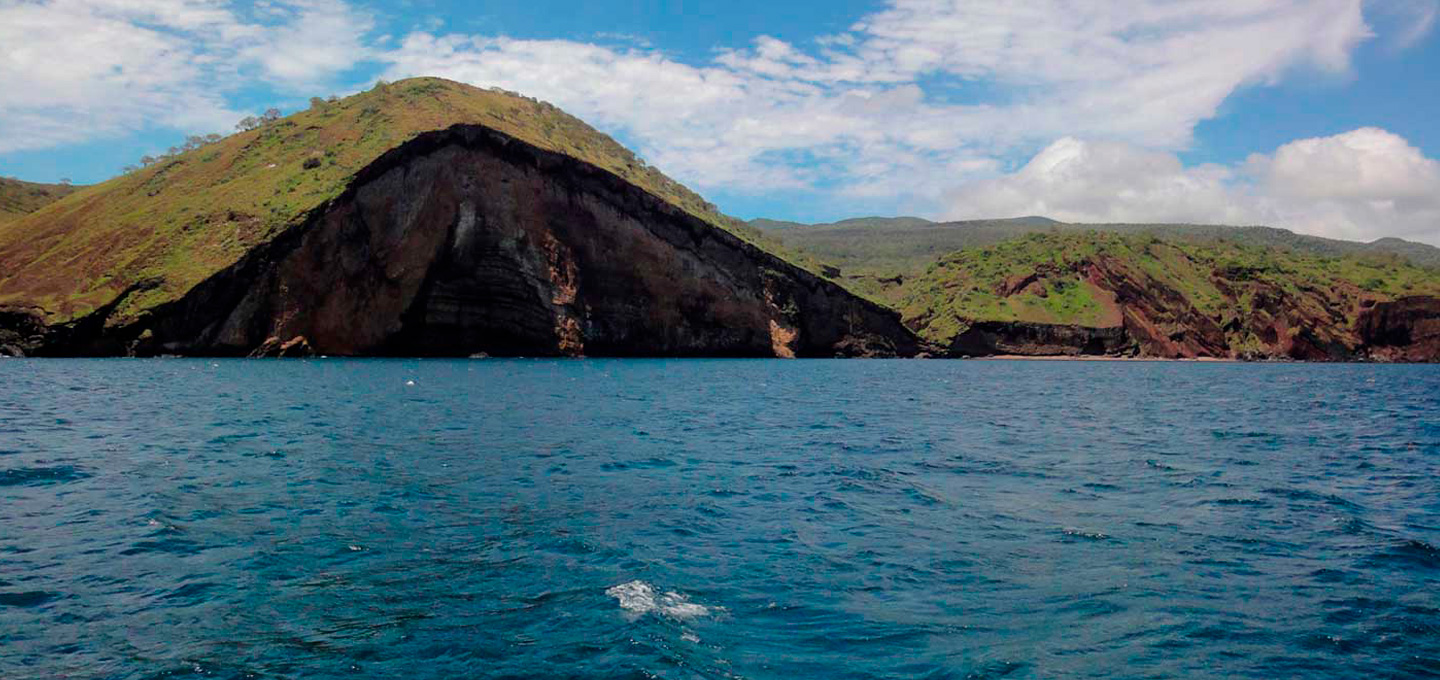
What you need to know about Buccaneer Cove, Galápagos This cove was formerly a haven for pirates, where they could escape punishment and resupply their ships with food (turtle flesh) and water. This is also where Charles Darwin camped for nine days with land iguanas in 1835. Hawks, owls, and seabirds like blue-footed boobies live […]
View more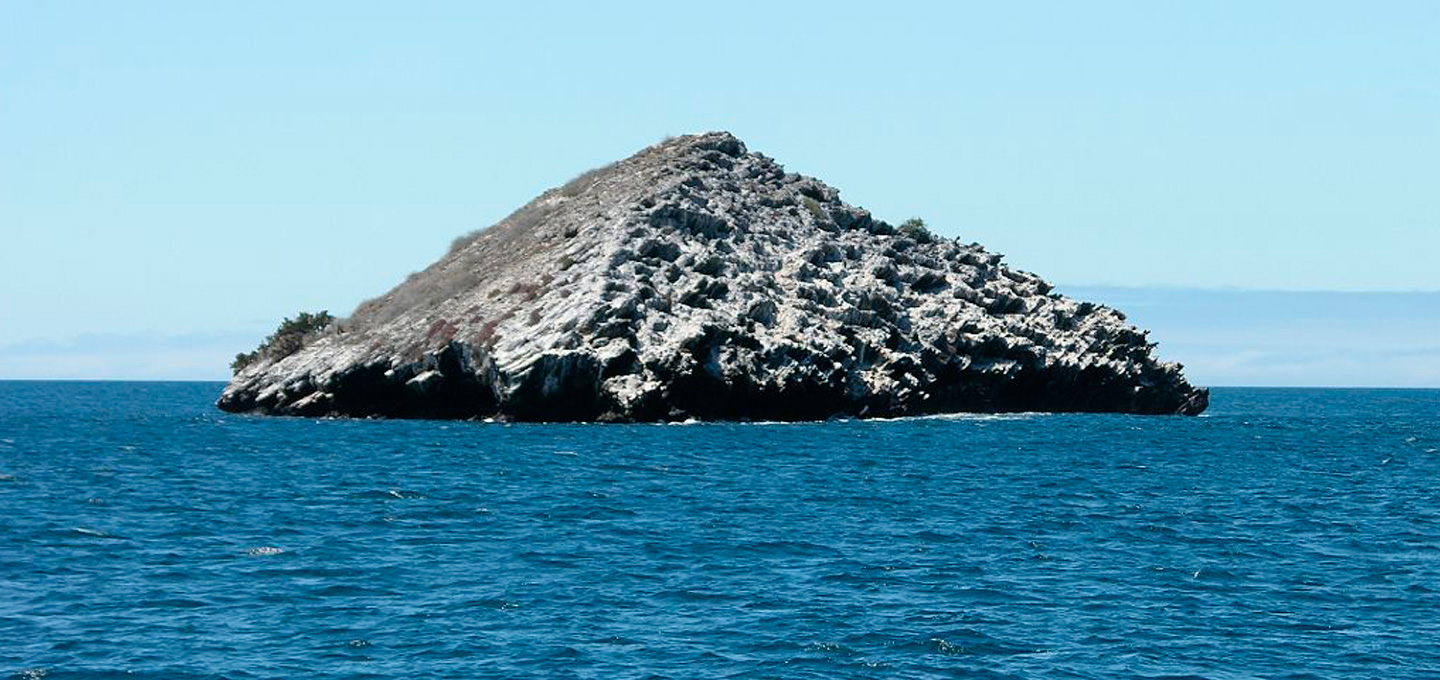
What you need to know about Cousin Rock, Galápagos Cousins Rocks is a triangle rock that is about a hundred feet long and thirty feet above the surface. The depth of the water can exceed 90 feet. The region is used as a cleaning station by white tip sharks, stingers and eagle rays, sea lions […]
View more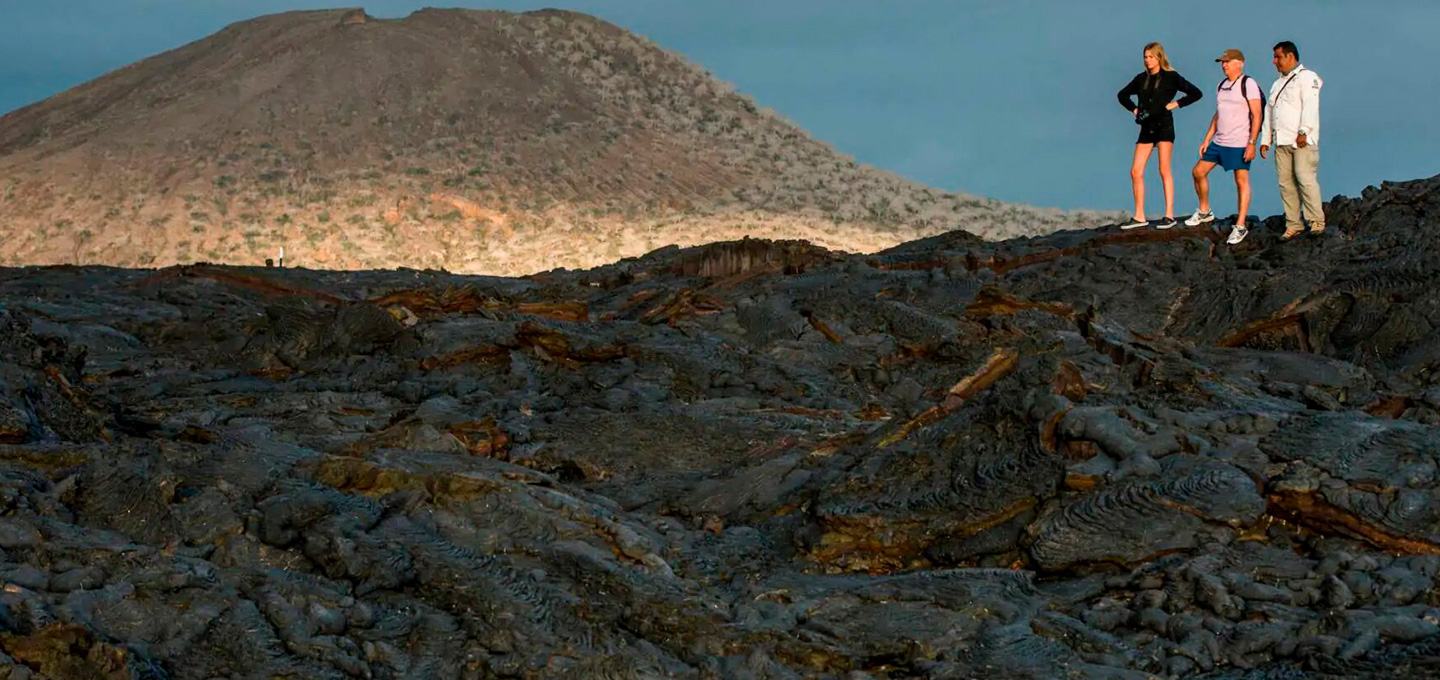
What you need to know about Sullivan Bay, Galápagos Sullivan Bay is quite different from other places in Galápagos. Here, black lava fields will be next to you. This is the closest thing to ancient lava flows in the Galapagos Islands. Pahoehoe lava is extremely uncommon on Earth, occurring mostly in the Galápagos and Hawaiian […]
View more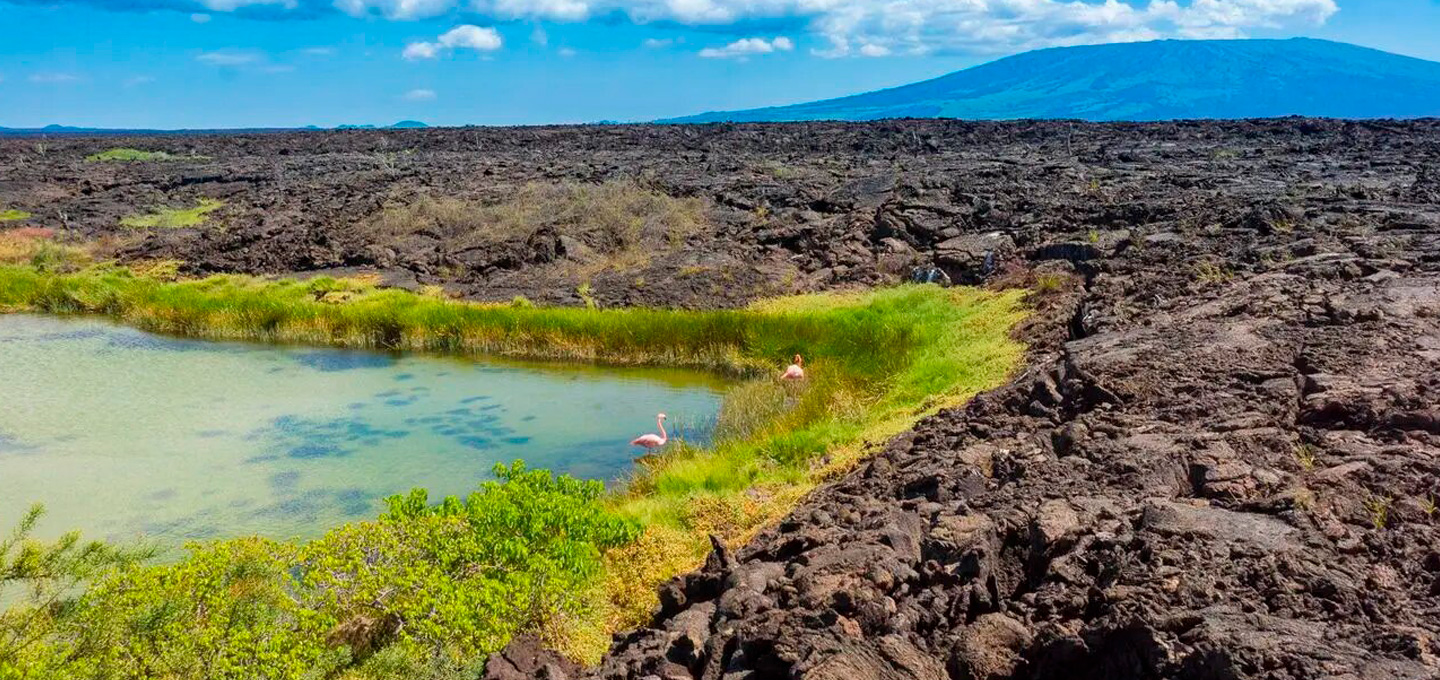
What you need to know about Salt Mine Volcano, Galápagos This trip takes you to the rim of a salt mine crater and is slightly under 2 miles long. This “mine” is a tiny volcanic cone that has a salt water lagoon that evaporates throughout the dry season. Several times throughout the twentieth century, individuals […]
View more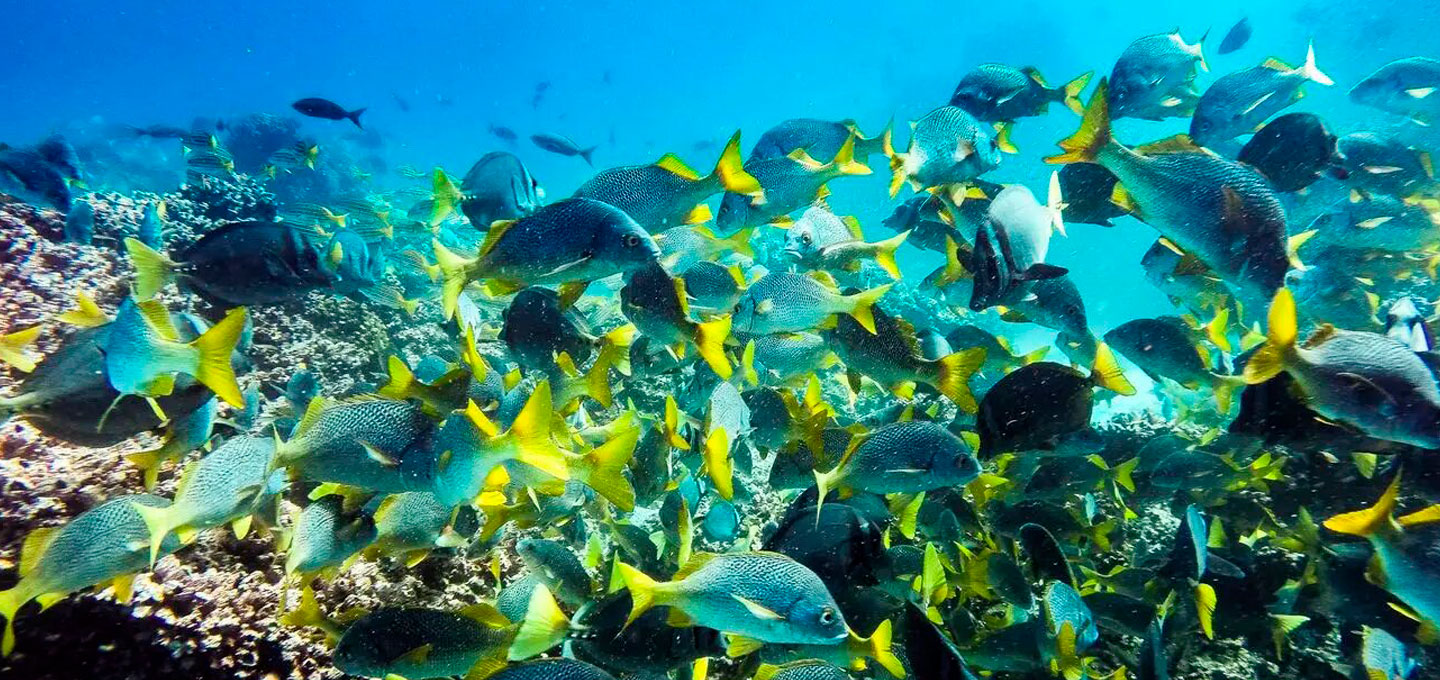
What you need to know about Albany Rock, Galápagos Albany Islet, also known as Albany Rock, is a tiny island on the southwest of Santiago where divers may explore a protected cove’s waters. It has light currents and depths of 100 feet leading to an underwater journey filled with different types of wildlife animals such […]
View more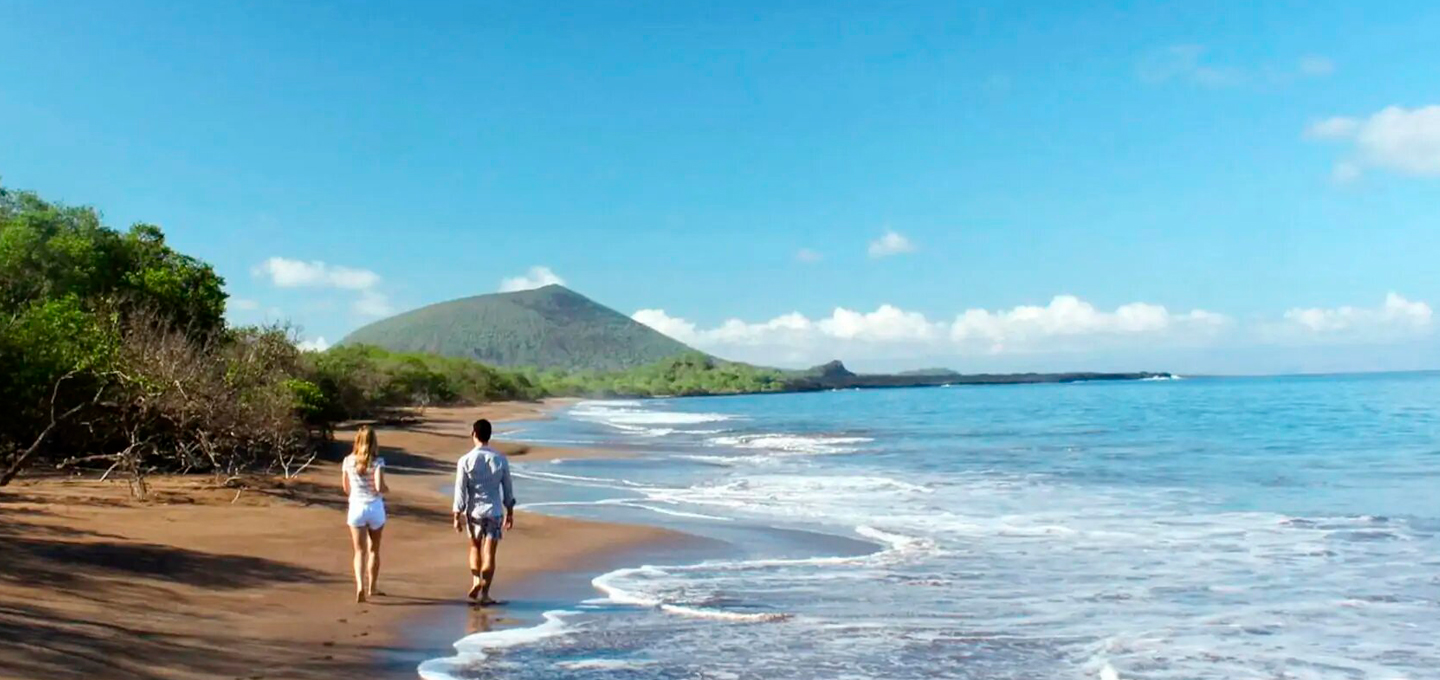
What you need to know about Espumilla Beach, Galápagos The Espumilla Beach, located at the northernmost tip of Buccaneer Cove, is a popular breeding ground for sea turtles. The only species that breed and lay eggs in the Galápagos Marina Reserve are green sea turtles. Every year, people flock to this white coral beach in […]
View more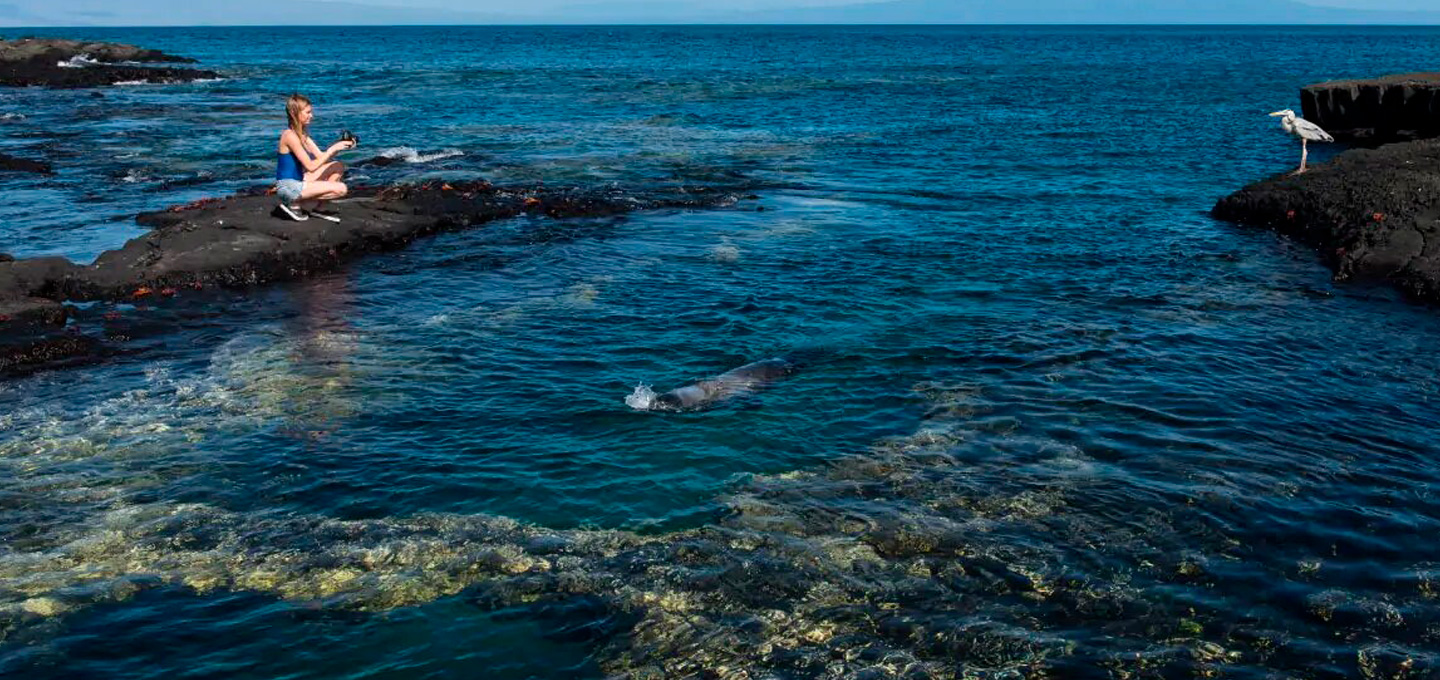
What you need to know about Egas Port, Galápagos This bay is named after Jorge Egas, who founded a salt mine nearby in the 1960s. Three separate land paths are available to visitors visiting Puerto Egas. On this bay, there are 3 different paths. The first one, drives down the seashore over compacted volcanic ash […]
View morei Please be aware that wildlife sightings are never guaranteed and depend on seasons, weather and other factors






